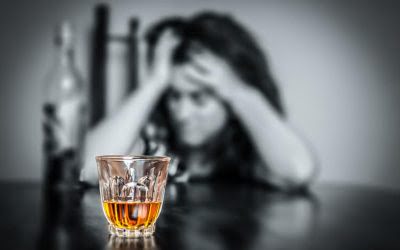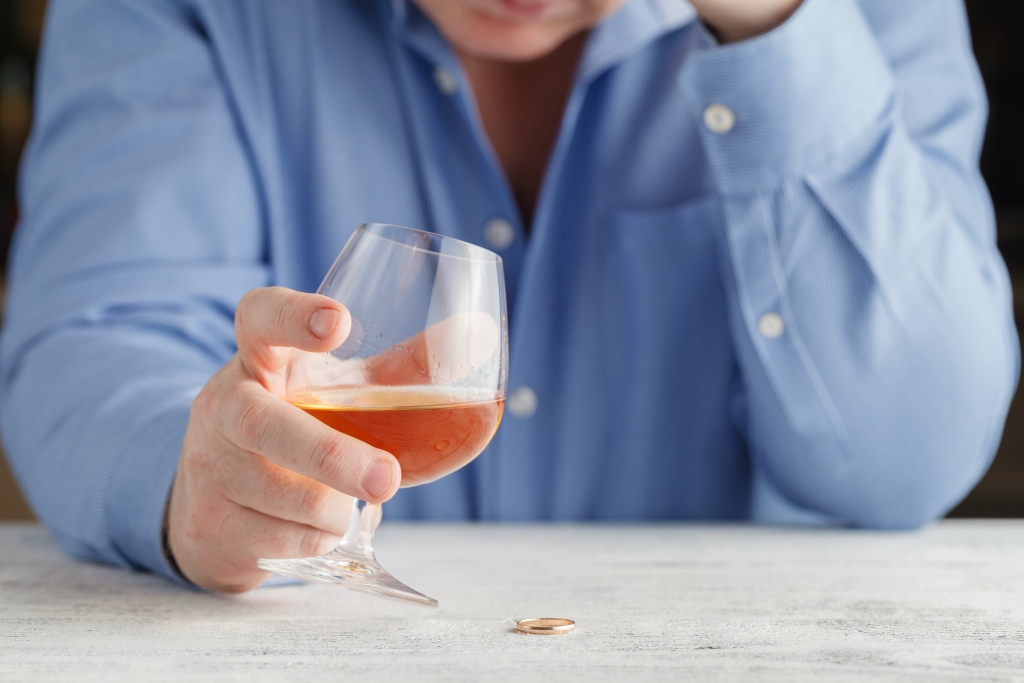Excessive consumption of alcohol can lead to negative health effects and alcohol-related dehydration. To understand how wine dehydrates you, we have to break down the dehydrating effects of alcohol overall. In total, 13 participants were needed to detect any differences between groups, applying a two-sided evaluation with an alpha of 0.05, a power of 0.80, and an effect size of 1.67 mL. However, in the present study, a lower amount of alcohol is tested, and the period of urine collection is longer (24 h). Therefore, we decided to increase the sample size to 20 participants. As the name suggests this hormone normally prevents urine production so when you lower its levels that leads to an increase in the amount of urine you produce.
Signs and Symptoms of Dehydration from Alcohol Consumption
Turns out, some alcohols — and more accurately, how you drink them — can be less dehydrating that other booze-filled beverages. But wine is nothing compared to liquor, in which a single one and a half-ounce shot may contain up to 70 percent alcohol content. Next Health clarifies the relationship and difference between alcohol and hydration. This can increase your BAC significantly if you don’t replenish your body’s supply with a few sips of water as you drink. But you still have just as many salts floating in this reduced volume of water. But even today we still don’t fully understand how alcohol causes this excessive urination.
- Wine also tends to have a higher sugar content, which may further contribute to the dehydrating effects.
- Consuming lots of wine triggers the brain cells responsible for thirst effect.
- Wines with higher alcohol content will have a stronger diuretic effect, increasing the likelihood of dehydration.
- Carry mineral tablets or liquid mineral drops with you for emergencies.
What Do Scientific Studies Reveal About Red Wine and Hydration?
- And since alcohol increases our heart rate, it makes us sweat more, which accelerates how fast we become dehydrated.
- However, drinking warmer beverages can sometimes lead to increased sweating, which indirectly contributes to fluid loss.
A question that has arisen in my mind is the potential for wine to lead to dehydration. This subject is much debated, and in this article, https://integratorneetacademy.com/spiritual-malady-aa-big-book-explained-alcoholics-3/ I aim to explore it in depth to provide you with a comprehensive answer. Severe dehydration can lead to various health risks, such as electrolyte imbalances, impaired cognitive function, increased heart rate, and reduced kidney function. That said, the higher a drink’s alcohol content, the more of a diuretic it’s believed to be. Electrolytes are found in common foods, including salt, bananas, and watermelon, and can also be consumed from electrolyte-specific drinks or mixes.
How to Prevent Dehydration from Alcohol
Having one glass of wine with dinner will likely not cause dehydration. However, drinking wine in excess can lead to dehydration because of the alcohol and the sugar content. Alcohol’s diuretic effects mean it’s difficult to avoid experiencing some level of dehydration from drinking. However, you may be able to minimize its severity by following a few simple tips. This also means drinking alcohol on an empty stomach can lead to a higher blood alcohol does wine dehydrate you content (BAC). Individuals with pre-existing conditions that affect fluid balance, such as kidney disease or diabetes, may be at a higher risk of dehydration from wine consumption.
Stay hydrated with Thirsty Work
A small amount of beer will not lead to severe dehydration, but we should not drink beer to rehydrate. One glass of liquor drunk slowly over the course of an evening will be less dehydrating than having several beers or glasses of wine during the same time frame. Choosing a lower – not necessarily a low – alcohol content drink can help you stay hydrated for longer. Drinks with a high alcohol content will dehydrate you more severely and more Alcohol Use Disorder quickly. So the less alcohol that’s in your system, the easier it is to stay hydrated. Drinking too much alcohol too quickly means your body won’t be able to process it fast enough.

Consider how you’d like to feel later in the evening, or the next morning, and choose ahead of time how much alcohol you should consume. Some of us are more resilient to the effects of alcohol than others, but we should all know our limits. However, research is mixed on whether these beverages increase urine output significantly. The best way to prevent a hangover, including dehydration, is to drink in moderation, alternate wine with water, eat while drinking, and rehydrate before bed.
DripDrop Zero Sugar Classic Variety Pack Electrolyte Powder

Signs of dehydration from alcohol consumption can include dry mouth, increased thirst, fatigue, dizziness, and headache. These symptoms are often exacerbated after drinking due to the effects of alcohol on hydration. More severe symptoms may include confusion, rapid heartbeat, and dry skin, indicating that chronic dehydration has occurred. Because alcohol inhibits antidiuretic hormone, it can force liquids out of your body along with essential minerals and electrolytes – this process occurs even faster on an empty stomach. A bottle of whiskey on the mountain after a full day of skiing and snowboarding sounds like a dream.
If the wine is at an average 13 percent alcohol content like most wines, its equilibrium point may leave you dehydrated in theory, but it’ll still be better than not drinking anything at all. In other words, you’d be about as dehydrated drinking the wine as you would not be drinking anything, period. But because wine has a higher alcohol content than most types of beer, it’s more dehydrating than the latter. In addition, beer usually has more water content as beer is typically served in more ounces per glass or bottle than wine, which may be as little as five ounces or so per glass. Lastly, you may become mildly dehydrated from wine and similar high alcohol content beverages through sweat (though this is ultimately minor compared to the other effects above).
